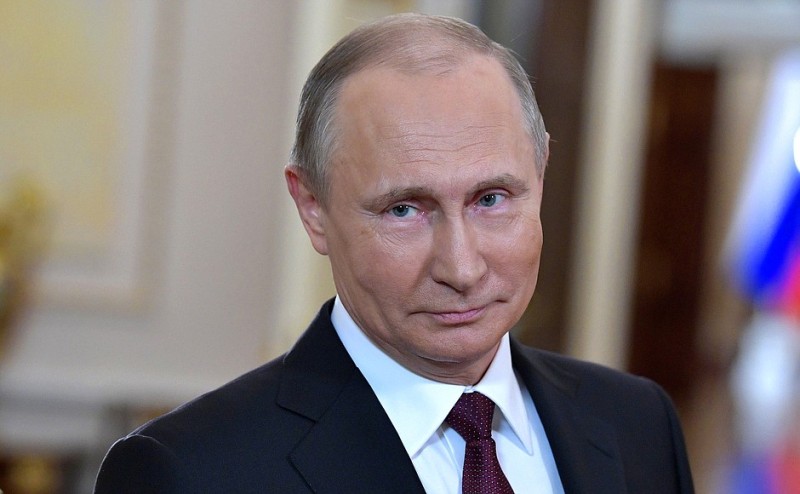Preliminary consideration of the proposed bill was published on Tuesday, with the Legal Department deciding to impose between twelve and twenty years restricted freedom and between one and five million rubles (US $15, 110 to $75, 550) or, either labour or imprisonment for up to five years for “participation in the gathering of organizers, leaders or other heads of criminal organizations.” The conviction is accompanied by a further period of surveillance for one to two years.
According to the Federal State Statistics Service, the murder rate in Russia has significantly decreased, by more than 60 percent, from when President Vladimir Putin’s term began in 2001 until 2016 when it was published.
However, the criminal networks’ operations continue to prosper, especially drugs and arms trafficking. The General Prosecutor's Office reports a total of 13,329 identified perpetrators of illegal arms trafficking and a total of 95,683 identified perpetrators of crimes related to drug trafficking in 2018.
Another 20,427 crimes relating to illegal arms trafficking and 113, 174 related to drug trafficking are under investigation.
The statistics portal also lists 13,744 crimes of varying levels of severity committed by an organized group as having been pre-investigated.
Putin wrote to the chairman of parliament’s lower house making the case for the new law, according to UK’s The Times, claiming that those guilty of the most heinous crimes often escape persecution unless they themselves commit the crimes.
An expert in the Russian mafia, Mark Galeotti, told The Times however, that the newly proposed legislation is partly about appealing to “the white-collar things” that the Kremlin prefers to do business with.
In 2018, the Prosecutor’s Office recorded: 1718 instances of abuse of power, 2784 instances of receiving a bribe, and 2299 instances of bribery as having been pre-investigated.





